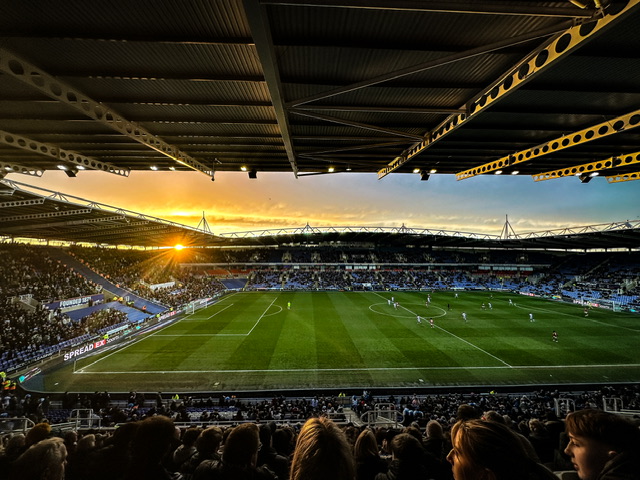Will Sustainability Kill the Dream?
Posted on March 6, 2024
In the ever-evolving world of football, the introduction of new sustainability rules is now sparking debates about its potential impact on clubs across the spectrum. While these regulations aim to promote financial stability and accountability, there’s a growing concern that they could inadvertently widen the gap between smaller clubs and their more affluent counterparts. A more in depth look at FFP (Financial Fair Play) shows how these new rules will pose challenges for smaller clubs and threaten their ability to compete at the highest level.
Financial Barriers
The primary concern for many smaller clubs has to be the financial burden imposed on them by sustainability regulations. While powerhouse clubs may have the resources to adapt and comply with these rules, smaller clubs often operate on tighter budgets. The requirement to limit spending on transfers and wages will inevitably restrict their ability to attract top talent and invest in player development. This will ultimately leave them at a significant disadvantage in competitive leagues.
Another challenge faced by smaller clubs is the disparity in commercial revenue. Unlike the traditional big hitters who enjoy lucrative sponsorship deals and global fan bases, smaller clubs struggle to generate much income away from match day revenue. With sustainability rules limiting their spending power, these clubs will find it increasingly difficult to bridge the commercial gap and remain financially viable.
Sustainability rules will also hinder the growth trajectory of smaller clubs by limiting their capacity to invest in infrastructure and facilities. Without the financial income to upgrade stadiums, improve training facilities, or expand youth academies, these clubs risk falling further behind their more affluent rivals. This lack of investment could impede their ability to develop talent, attract sponsors, and ultimately, compete at a higher level.
Reduced Competitive Balance
Perhaps the most significant consequence of new sustainability rules is the erosion of competitive balance within football leagues. As powerhouse clubs consolidate their dominance through financial prudence and strategic planning, smaller clubs may find themselves relegated to the role of perennial underdogs. This imbalance not only diminishes the excitement and unpredictability of football but also undermines the principle of fair competition.
Finally, sustainability rules could dampen the ambitions of smaller clubs aspiring to break into the upper echelons of the footballing hierarchy. Faced with financial constraints and regulatory barriers, these clubs will be forced to recalibrate their expectations and settle for mediocrity rather than pursuing lofty goals of promotion, European qualification, or domestic success. Where is the fun in not having a dream?
Whilst the intentions behind football’s new sustainability rules are commendable, their implementation raises legitimate concerns about consequences for smaller clubs. Without adequate support and safeguards in place, these regulations could widen existing disparities and kill off the competitive nature of football. As football owners navigate this complex terrain, it’s imperative to strike a balance between sustainability and inclusivity. For football to be enjoyed, it is vital that all clubs, regardless of size or stature, have a fair chance to thrive and compete on the global stage.
No Titles for Smaller Clubs
If the current FFB regulations had been in place since the start of the Premier League, there would have been no league titles for Leicester City, Manchester City, Chelsea or Blackburn. Forays into the Premier League for Wigan, Burnley, Leicester, Wolves, Hull, Reading and many more, would not have happened. Reading and Wigan are in a spiral due to punishments that come with lack of remaining stable. Scores of other clubs are facing a similar path without owners pumping money in. Wolves, Leicester, Everton, Southampton, Nottingham Forest are amongst a host of clubs showing alarming sets of accounts that suggest it’s Premier League or bust.
It’s obvious football has an ownership problem (see Reading) but perhaps it is owners who need more rigorous long-term sustainability checks? We now have a situation where Newcastle United are trying to replicate what Manchester City have done for 12 years but have been stopped from doing so by FFP. I have no allegiance to Newcastle or oil rich owners but how is that fair?
The long-term winners are Manchester United, then Liverpool and Arsenal. The rest will be also rans falling further behind over a period of time. This probably means the European Super League is more an inevitability rather than a possibility.

Got something to say?